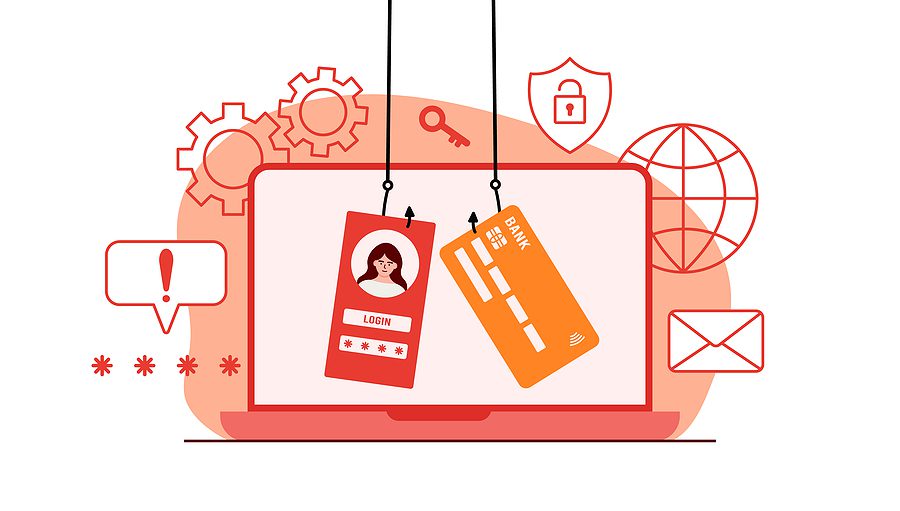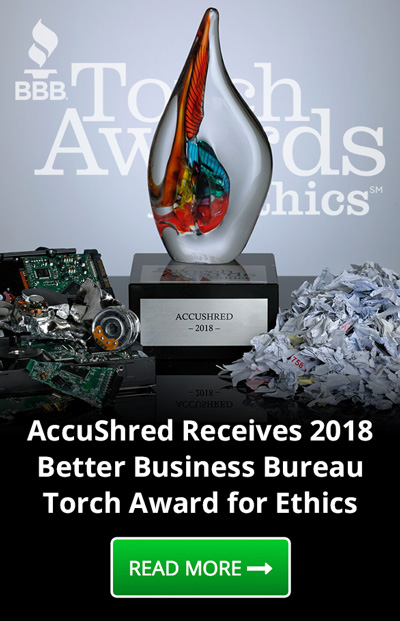Don’t Click That Link! What to Do When a Scam Looks Legit
Nobody intentionally opens a phishing email. It’s a successful way for data thieves to walk right through your information door because they create emails that look totally legit. As time goes on, email scams become more and more sophisticated. If you’ve been a victim of email scams in the past, you know this truth all too well. You opened an email, clicked a link, and it wasn’t until after your information was compromised that you realized what actually happened. So how can you avoid falling for scams that look genuine? It’s not always easy, but there are ways to protect yourself-you just have to know what to look for.

The Curse of the Phishing Email
A 2020 report by SlashNext estimated that 50,000 phishing emails are sent every day. Many of these emails contain a link to a website that looks like a real, reputable website from a brand most consumers would trust. While some phishing emails are full of misspellings, bad grammar, and shady suggestions (the IRS will never ask for payment to be made with an Apple gift card to settle your tax bill), the dangerous ones are those that look professional and authentic. Small businesses, freelancers, and educated professionals are often the targets. Sometimes, someone you trust may have missed a scam and they forward you a link, and you’ll click on it, because that link came from someone you trust. But now you’re a victim, too.
Who Do You Trust?
Saying you will never click on a link isn’t realistic. If you just ordered something from Amazon, and you get a text saying your item has shipped with a tracking link, that’s probably legit. If you just signed up for an account on a website and you get an email with a link to confirm your address, that’s ok too. But treat any link like an attachment. If you aren’t expecting to be sent a link, don’t click it. People’s accounts can get hacked, and you may get an email that looks like it came from a friend. If it isn’t something your friend would send, don’t click it. Or, contact your friend to find out the details.
What Do You Do if You Aren’t Expecting It, But It Looks Legit?
You get an email or a text from your bank or credit card. They say that your account may have been compromised and you need to confirm your identity. Don’t click. Contact your bank or credit card company directly, through their website or customer service phone number, to confirm that your account is active and secure. Many banks will even have somewhere you can report a phishing email that is using their name. If there is a real problem with your account, you’ll find out. Additionally, there are several sites where you can copy and paste a link you received without clicking on it, and it will tell you exactly where it’s sending you on the web.
Red Flags
There are a few red flags that can make sorting out the real from the scams. If you get a text telling you to act urgently, it’s because they want to scare you into clicking before you have time to think. Make sure you look at the “from” address carefully. Look for misspellings, extra letters or numbers, or anything else that doesn’t look right. HTTPS is more secure than HTTP, so look for that on any links. A generic greeting and bad grammar are also tell-tale signs that you aren’t dealing with a legit company. And remember, no legit company will ever ask you to give out personal information in a non-secure way. If a text or email wants you to respond with your personal information, that’s a big red flag.
Phishers are smart. They can get you to click on a link that looks legit and take you to a site that mimics one you trust, and once you feel comfortable, you’ll be likely to share information, or click further onto links that may install malware on your computer. Once you’ve opened the door, anyone can come in. You don’t need to become an extremist and refuse to click on any link, but taking precautions is a smart thing to do. AccuShred is committed to protecting personal information, and we hope you found this insightful and helpful. To learn more about data security, check out our AccuShred blog or contact us directly today!








